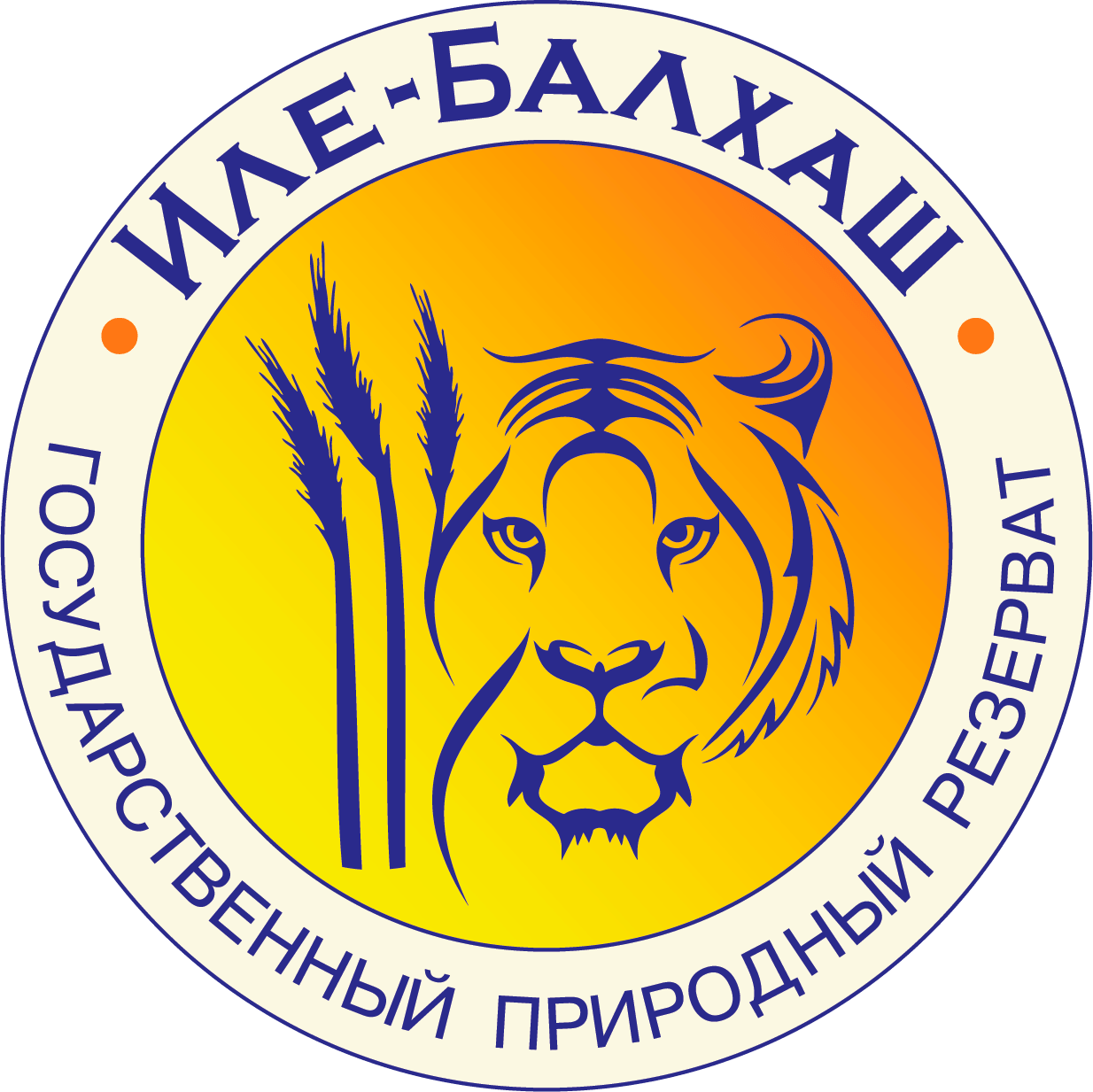Visiting rules
- Individuals on the territory of the GPR in areas of limited economic activity, tourist and recreational activities are allowed:
1) movement by mechanized and horse-drawn transport on public roads and special roads of excursion routes, parking in specially equipped places, except for areas with a protected protection regime;
2) conducting organized excursions and hiking trips, previously agreed with the administration of an environmental institution along established tourist routes and trails, accompanied by guides or guides-inspectors of protected areas;
3) movement through reservoirs only on floating vehicles, in agreement with the administration of the GNR;
4) amateur (sports) fishing in places designated for this purpose, in accordance with the procedure established by the legislation of the Republic of Kazakhstan and the Rules of recreational activity of the GNR.
5) amateur collection of medicinal herbs, haymaking, harvesting of reeds and other types of traditional nature management in specially designated areas, in accordance with the procedure established by the legislation of the Republic of Kazakhstan, except for areas with a protected protection regime;
6) conducting sports and environmental education events, tourist gatherings in coordination with the park administration;
7) conducting professional and amateur photo and video shooting;
8) conducting training practices;
9) herbarium collection, selection of soil samples for educational purposes, except for areas with a protected protection regime;
10) other activities provided for in the passport of a specially protected natural area.
- On the territory of an environmental institution, depending on the type of protected areas and the established legal regime of protection, it is not allowed:
1) being in a specially protected natural area without a supporting document on payment for environmental management;
2) exit and travel off public roads or special sightseeing trails and tourist routes;
3) parking of vehicles and other mechanical means outside the designated places;
4) parking and washing of vehicles and other mechanical means on the shores of reservoirs, washing dishes, washing clothes, bathing pets;
5) the presence of motor yachts, boats, motorboats, scooters, ATVs on reservoirs without coordinating the navigation regime with a specially authorized body and the administration of the GNR;
6) making bonfires, installing barbecues, cooking fires outside specially installed and equipped places;
7) the arrangement of parking lots, the installation of tents outside the places established for these purposes;
8) Fishing with tools and means prohibited for sports and amateur fishing, as well as exceeding the fishing standards established by the legislation of the Republic of Kazakhstan;
9) removal of wild animals without appropriate permission;
10) scaring and feeding wild animals;
11) the destruction of nests, burrows, dens and anthills;
12) cutting down, breaking and damaging trees and shrubs, harvesting twigs for brooms and brooms for household needs;
13) destruction and damage of monuments of nature, history, culture and archeology;
14) collection and excavation of wild woody, shrubby, herbaceous plants and medicinal raw materials outside the permitted collection sites;
15) breaking and spoiling of visual propaganda tools (stands, panels, full houses, and others), forest management, forestry and land management signs;
16) the application of inscriptions and drawings on buildings and trees;
17) unauthorized grazing, haymaking, timber harvesting and other illegal forest management;
18) clogging with household garbage and waste of the soil cover;
19) the use of noise and other acoustic effects on the environment exceeding the norms established by the legislation of the Republic of Kazakhstan;
20) other activities that violate the natural development and preservation of objects of the state nature reserve fund and natural complexes.
- The basis for visiting the territory of an environmental institution is the presence of a confirming document on payment for the use of protected areas for scientific, environmental, educational, tourist, recreational and limited economic purposes, the form of which is established in accordance with the tax legislation of the Republic of Kazakhstan.
The document confirming the payment for the use of protected areas is subject to preservation until the end of the visitor’s stay.
4. The local population permanently residing within the boundaries of the territory of an environmental institution or in its protected area, in order to carry out the main types of traditional economic activities that ensure the sustainable use of natural resources, is allowed unhindered access to all functional zones, except for the zone with a protected protection regime.
